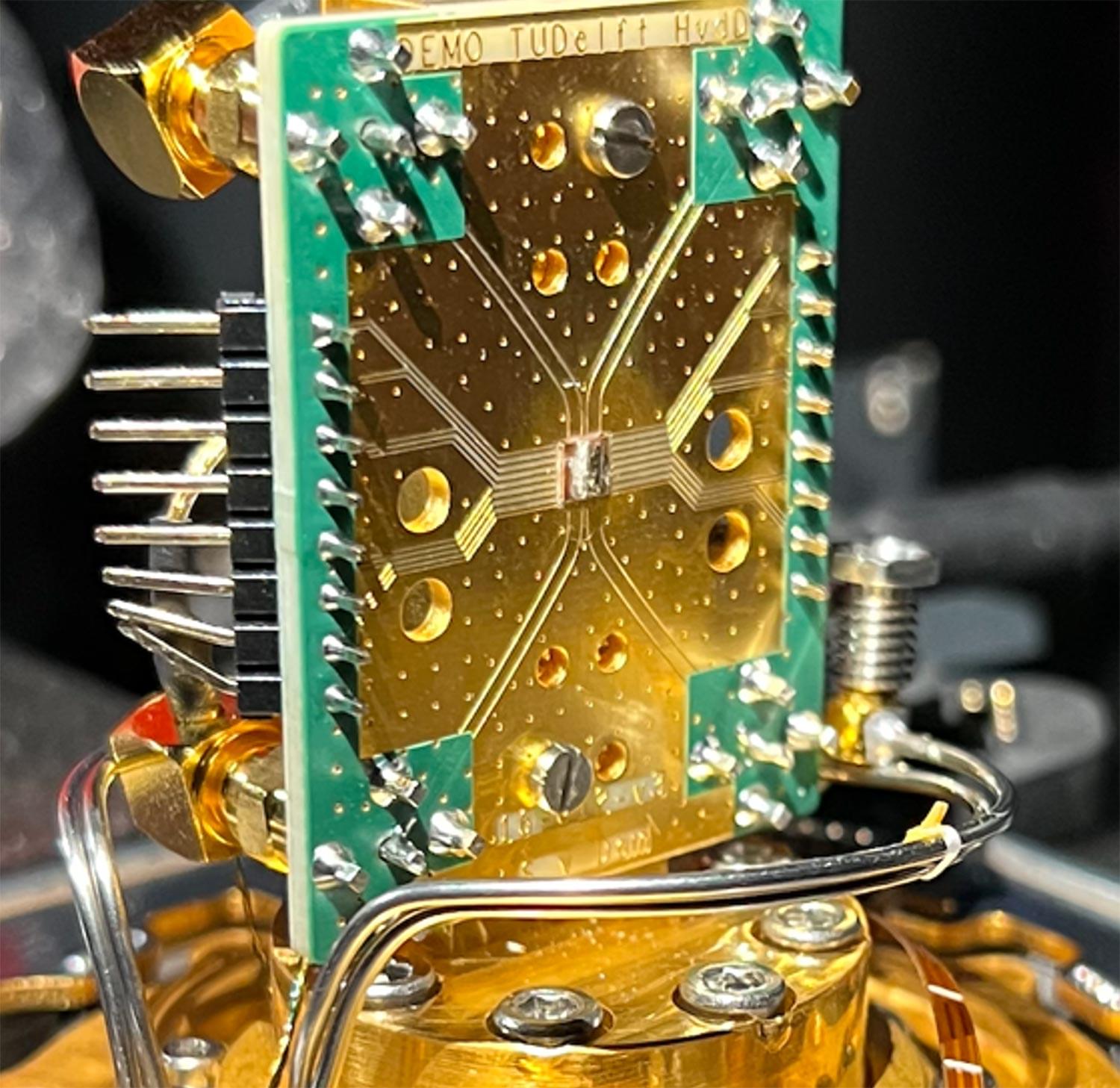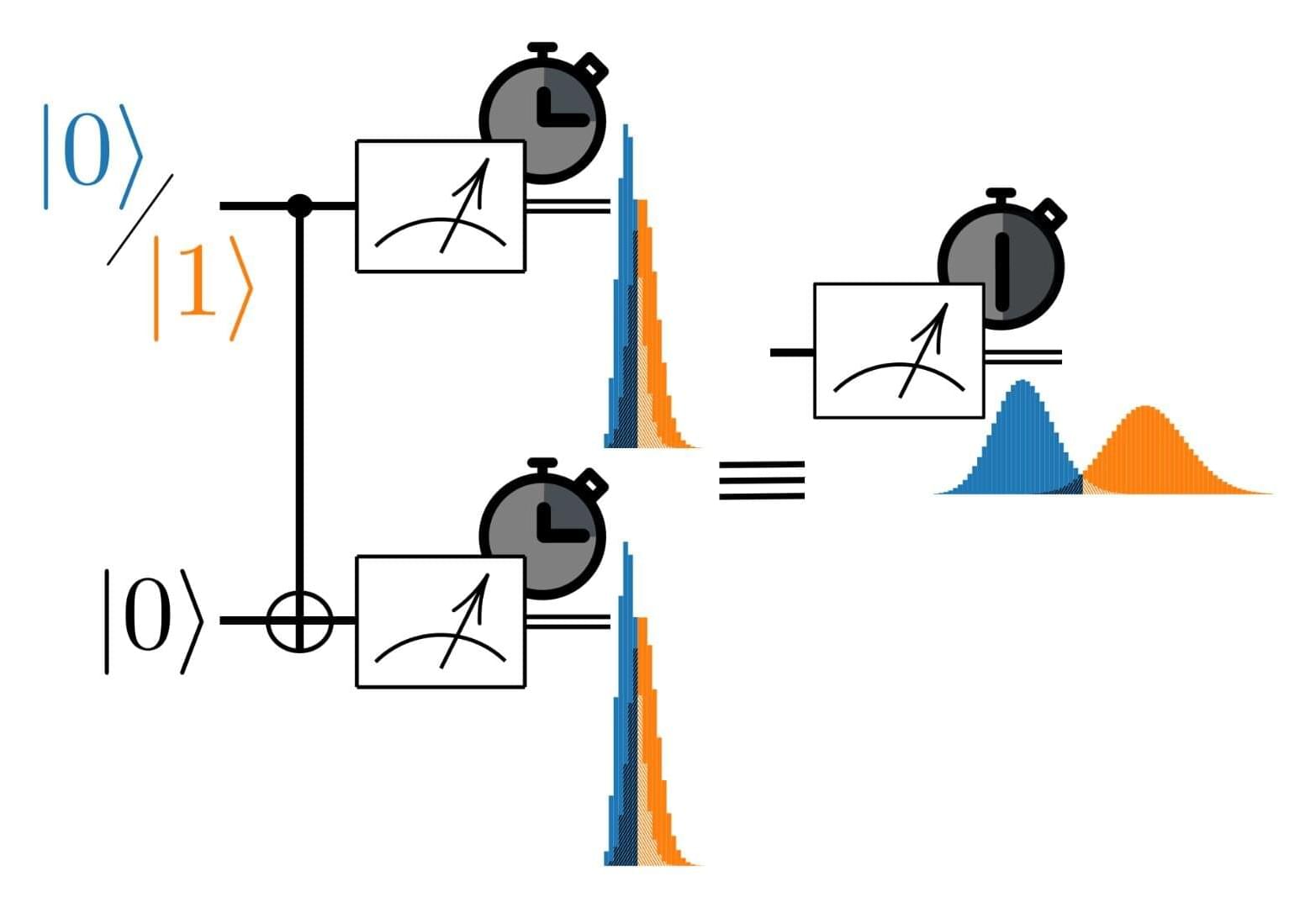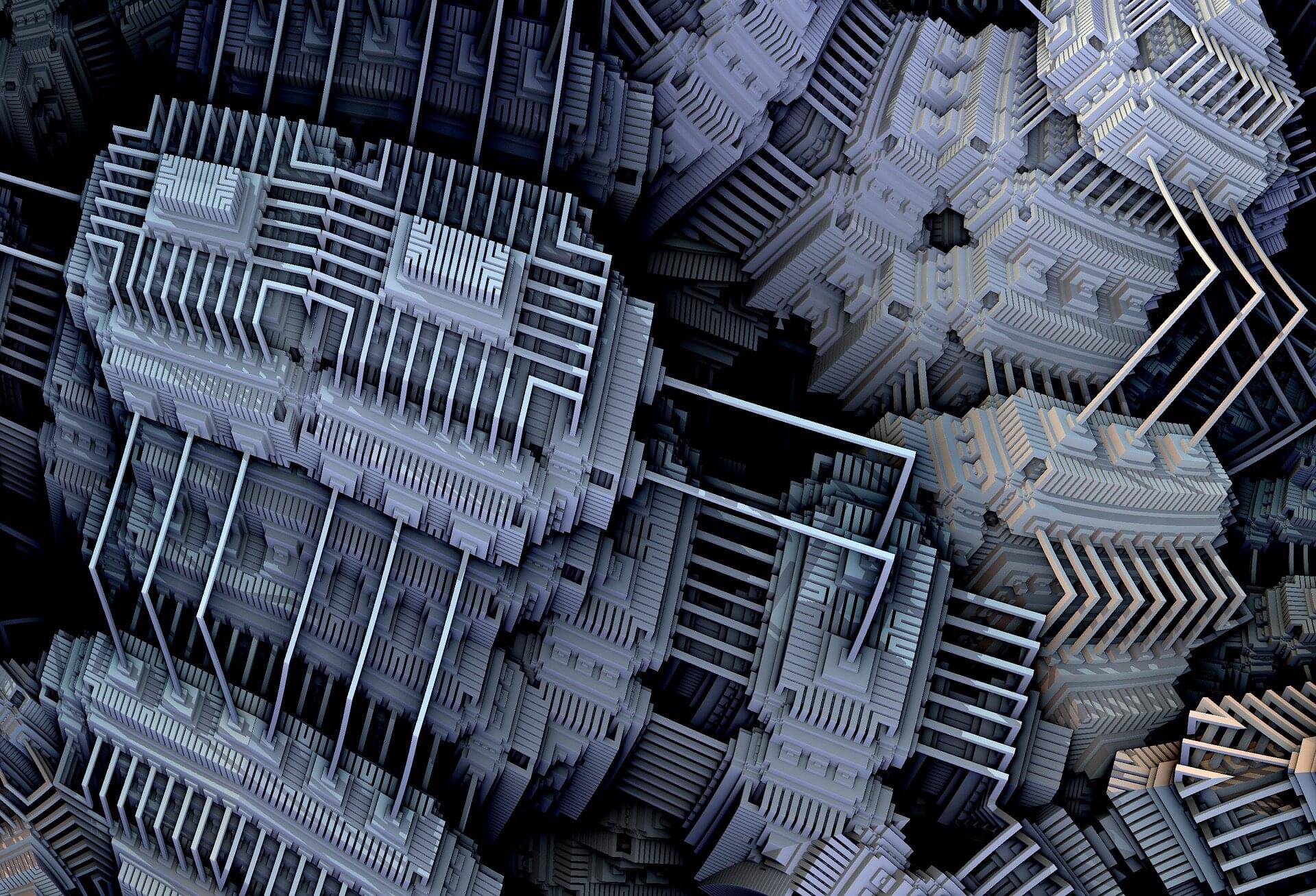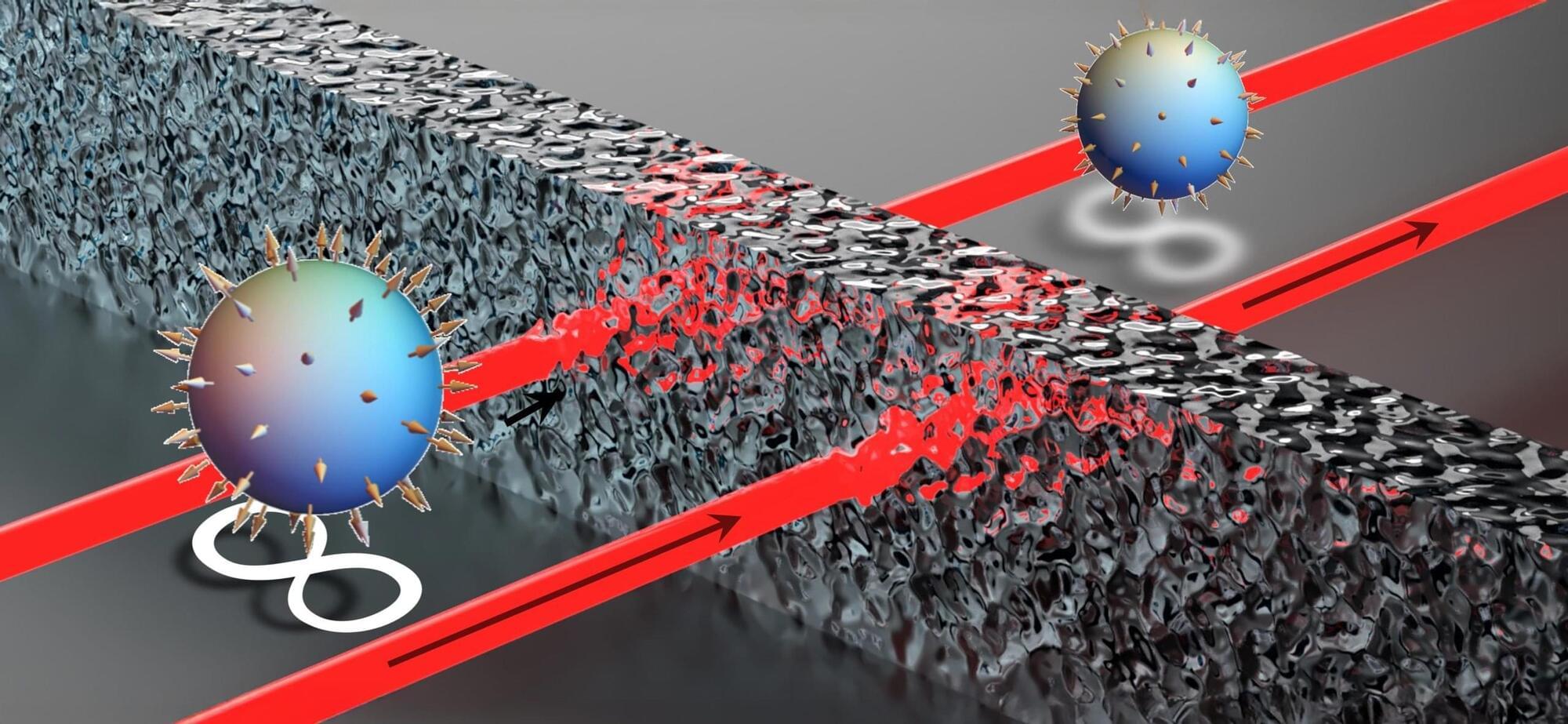One of the key takeaways from the experiment is that quantum mechanics does not conform to classical expectations. By creating a GHZ-type paradox in 37 dimensions, the researchers demonstrated a breakdown of local realism in ways previously unexplored.
In classical terms, the paradox suggests that an event could occur without a causative link—like a letter appearing in your mailbox without a postal worker delivering it. In quantum terms, the experiment showed that the relationship between entangled particles was so deeply nonlocal that their correlations could not be explained by any hidden variables.
The research team mathematically confirmed that their experiment achieved the strongest recorded manifestation of quantum nonlocality. By showing that the paradox holds true even under extreme conditions, they provided new evidence that classical models fail to explain the quantum world.









